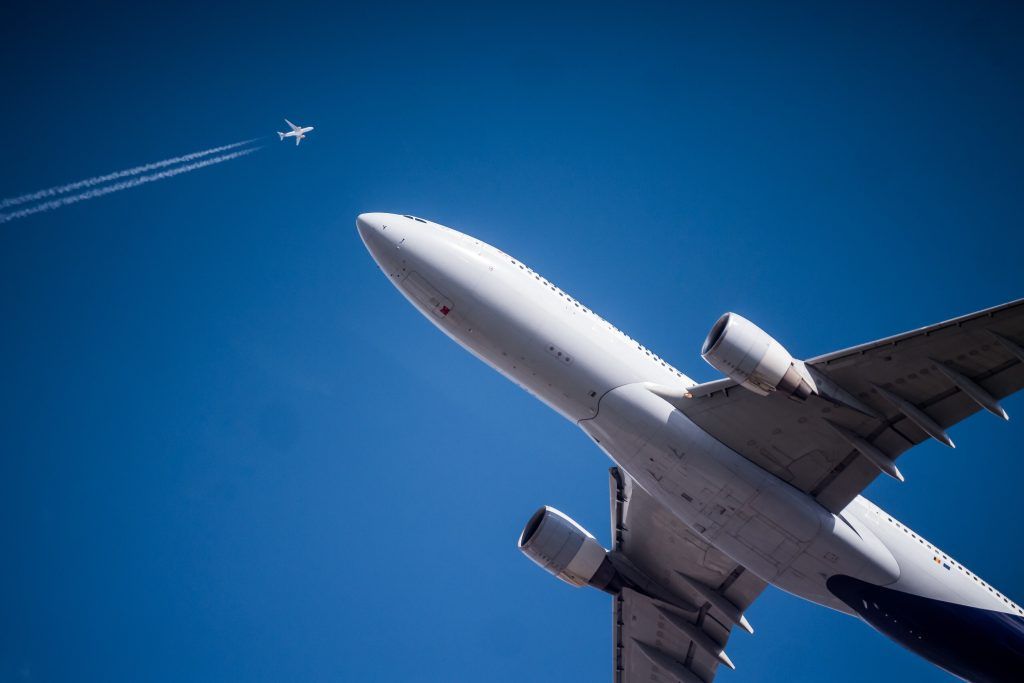Expected Outcome
Project results are expected to contribute to two or more of the following expected outcomes in order to contribute to Flightpath2050 safety goals:
- Near real-time proactive prediction, detection, communication and avoidance/mitigation of anomalies and hazards at the airport (e.g. on the runway, at ground-handling, etc.), in the atmosphere (e.g. extreme weather phenomena) and on-board (e.g. fire, electromagnetic interference, structural issues, etc.), including self-protection.
- Improved safety modelling and design of aircraft and airports to increase survivability e.g. in case of fire, crash, ditching, including impact of new fuels or energy systems.
- Improved means and methods for reliable tracking of aircraft and timely evacuation, search and rescue of passengers and crew.
Scope
Activities should contribute to maintain a high-level of safety in aviation by encompassing the evolution of external hazards with the evolution of aviation systems. Aircraft should be more resilient to external hazards and internal failures in all phases – from ground-handling, runway operations, up to flight and emergency operations. Should such rare events occur, the aircraft should be able to fly safely back to an airport, or, in the worst case, ensure the survivability of passengers and crew and their safe evacuation and rescue.
Increase the ability to predict and avoid or mitigate weather hazards, which remain one of the major challenges on the ground and in flight, such as thunderstorms, lightning strikes, turbulence and wind shear to icing, snow and fog, as well as emerging events such as drones incursion, and major events such as volcanic ash clouds that can affect large swathes of airspace. Prevent and handle electromagnetic interferences (including cosmic radiation) and fire events, triggered by internal failures or external hazards. Improve modelling and protections systems accordingly together with tools to assist the design and the certification process, considering also climate risks.
Advance systems and methods for reliable aircraft tracking and for safe evacuation, search and rescue of passengers and crew, including with new aerial means as drones. Advanced features of Galileo Search & Rescue operating service should be fully explored and exploited, if applicable.
Activities should go beyond the state of the art and previous R&I activities, at least at EU level. The proposals may include the explicit commitment from the European Aviation Safety Agency (EASA) to assist or to participate in the actions.
In order to achieve the expected outcomes with increased resources and impact, international cooperation can be foreseen with third countries with relevant capacities in this domain, while ensuring that the respect of European IPR, interests and values is strictly guaranteed.
Synergies with other transport modes and safety/security critical sectors is welcomed, in particular on risk assessment and pre-normative research to ensure fit-for-purpose rulemaking and management systems.
Synergies with the relevant topics in Horizon Europe Cluster 4 can be exploited e.g. HORIZON-CL4-2021-SPACE-02-52 (EGNSS applications for Safety and Crisis management), HORIZON-CL4-2022-SPACE-02-51(EGNSS applications for Smart mobility) as well as with other EU programmes such as Connecting Europe Facility (CEF), NextGenerationEU and Digital Europe.
Deadline
12 January 2022







Leave a Reply